What Is an Engine Immobilizer? Types, Uses & How They Work
-
Codee Chessher
- Last updated:
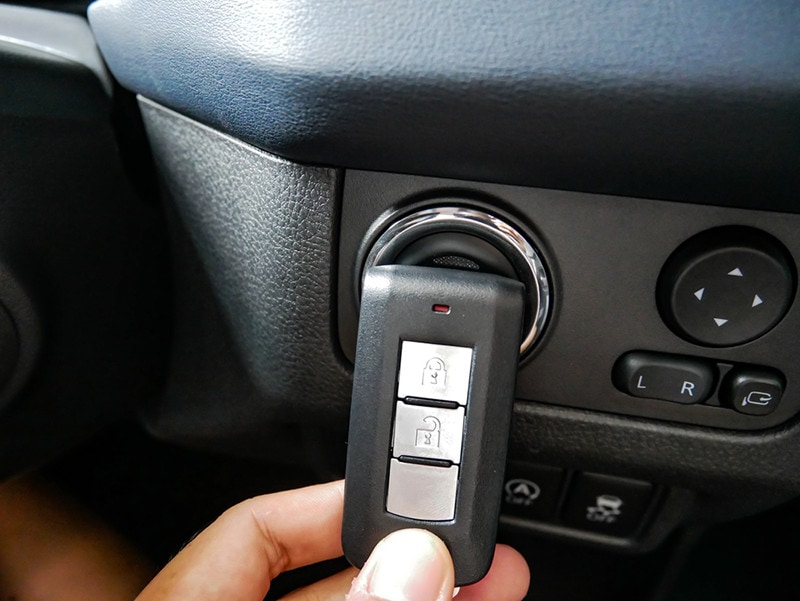
Cars today have many components, and it’s not always easy to put a name to each of them. For example, have you ever heard of an engine immobilizer? It sounds dire and counterintuitive, but it’s actually a handy device that makes your car less likely to be stolen. Let’s check out how these gadgets work, how they keep your car safe from thieves, and some more relevant info below.

What Are Engine Immobilizers and How Do They Work?
An engine immobilizer is an anti-theft unit built into the control panel of a car. These were originally invented by British inventors Edward Birkenbeul and St. George Evans in the early 20th century, but their first iteration of engine immobilizers had to be manually activated every time you used the car. Unsurprisingly, they weren’t widely adopted for some time—almost 80 years, in fact.
Since then, conventional technology was replaced with newer and more reliable electronic technology. Notably, engine immobilizers make hotwiring a car more complex or outright impossible in the case of newer models. This mainly came from governmental pressure on carmakers to make more secure cars and reduce car theft by hotwiring or copying keys.
Simply put, an engine immobilizer immobilizes the engine when the car’s key isn’t inserted. Newer units prevent the engine from starting unless it receives a certain electronic signal, which is functionally the same thing. These anti-theft devices are designed to prevent anyone but a car’s owner from starting and moving the car. As you might expect, they’re typically very effective in preventing car theft.
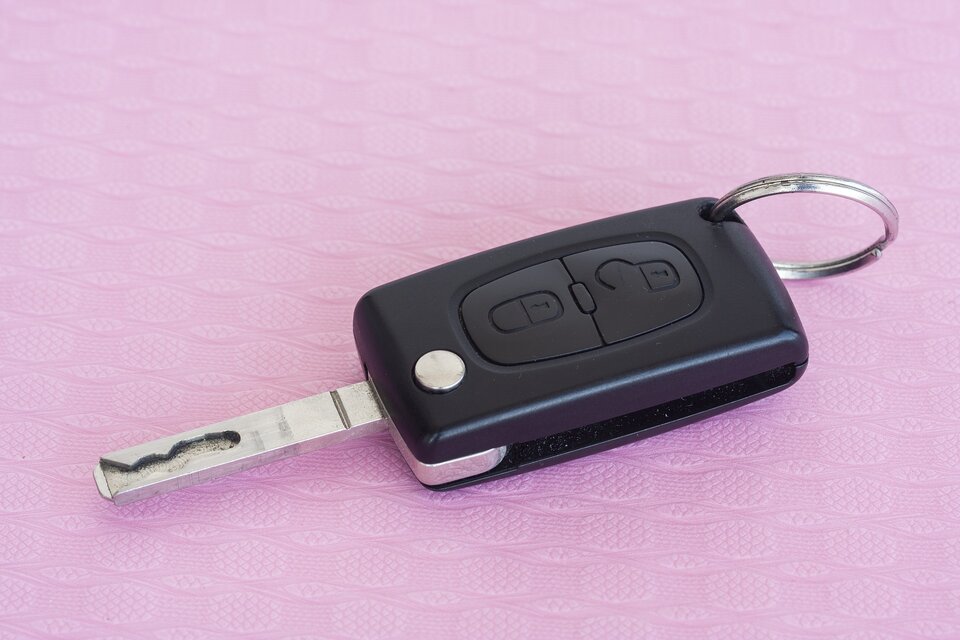
Effects of Engine Immobilizers
Most new model cars come with a key that transmits an encoded electronic signal to your car’s computer, and if it matches, the car will start when you insert and turn the key. On the flip side, without the correct key, your car’s engine will remain, well, immobile. The same concept applies to remote control fobs that come with new cars—they use transponder chips to send the same type of signal that your key does to start the car.
Engine immobilizers are one of the single most effective anti-theft systems today and are estimated to have reduced car theft by as much as 40%. While many would-be car thieves are after the hottest new rides, their robust anti-theft systems—including alarms and immobilizers—make them very difficult to steal. Unfortunately, some criminals are very determined and find ways around the most sophisticated systems.
Engine immobilizers are extremely useful, but not without their issues. If you manage to lose your key or remote fob, you can find yourself stranded. Unless you find your key, you’ll have no choice but to call your car’s manufacturer to have your old key/fob deactivated and a new one issued to you. Because most keys today have transponder chips in them, you can’t even call a locksmith to have a new key cut, which makes getting a new key difficult.
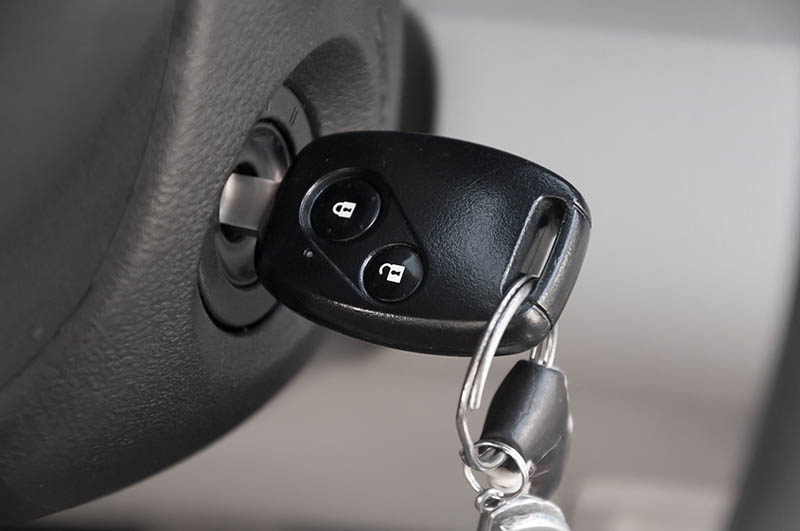
What Are the Different Types of Engine Immobilizers?
There are two main types of engine immobilizers used today: electronic and cryptographic. Electronic was the earliest type of immobilizer, utilizing a static transponder signal. They dramatically reduced car theft, but enterprising thieves quickly discovered they could copy and store the signal with a specialized device. As long as they were within a certain distance of the car, they could block and store the signal.
This is where cryptographic immobilizers come in. They use complex cryptography to scramble or mix the signals every time you start the engine, so thieves couldn’t just copy them to use later. These types of immobilizers aren’t foolproof, but they’re far more effective at deterring thieves.
Where Are Engine Immobilizers Used?
Most cars from 1995 onward have engine immobilizers, as more and more countries legally require them in newly manufactured cars. The type of immobilizer in your car may vary depending on the model year because cryptography has advanced very quickly in the past decades. Generally speaking, newer cars are more secure than older cars. Precious few cars lack immobilizers, but we’ll talk more about that later on.
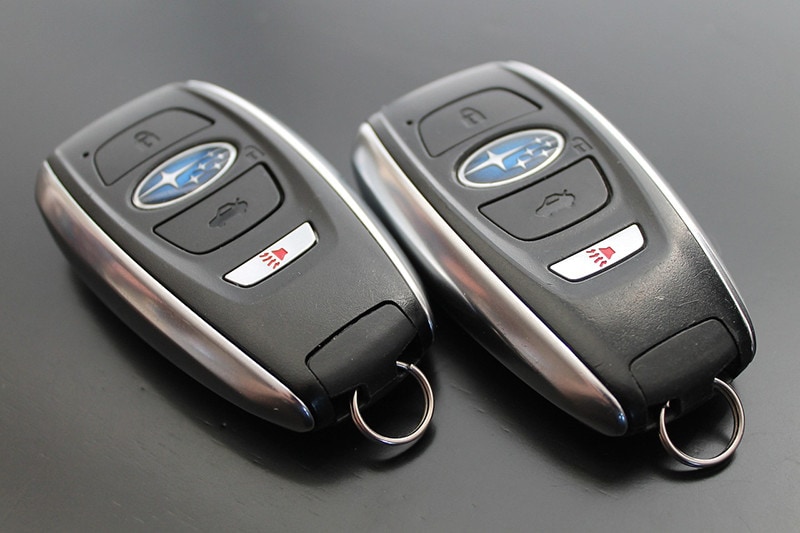
Advantages of Engine Immobilizers
The sole advantage of engine immobilizers is security. They prevent thieves from stealing your car when you leave it outside your home, the grocery store, or anywhere else. Even if someone breaks your window and gets in your car, they won’t be able to start it without your key or remote fob.
When you buy a new car, you’re also getting a more advanced anti-theft system that reduces the chances of someone stealing it. As long as you have your key at all times, nobody can make off with your hard-earned car.
Disadvantages of Engine Immobilizers
There are a couple of important cons to engine immobilizers, but they certainly don’t invalidate how useful they are in reducing car theft. They can be very inconvenient, however, and you should be aware of the downsides an immobilizer might cause you. Namely, more sophisticated thieves and malfunctions.
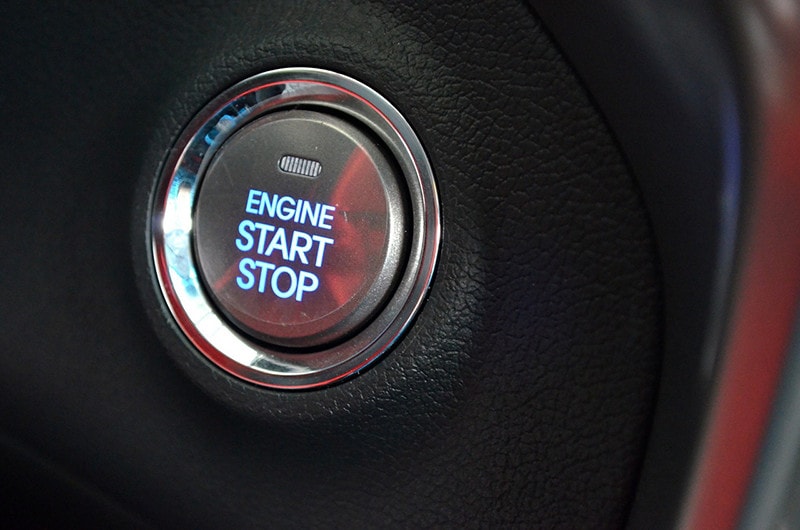
More Sophisticated Thieves
While engine immobilizers are undoubtedly useful in deterring thieves, criminals are constantly becoming more sophisticated. Some are as educated as the people making anti-theft systems and find ways to circumvent them to steal cars for profit. Having a new car is the best way to ensure you’re protected from thieves because they have the best engine immobilizer systems.
Malfunctions
As with any mechanical device, engine immobilizers can malfunction in various ways. The most common malfunctions are being unable to start your car with your key fob or your electronic car doors not opening when you press unlock on the fob. Another common one is your electronic key not turning in the ignition. The engine immobilizer may be to blame, or the transponder battery may be faulty.
Either way, you should have your car checked out ASAP when your immobilizer malfunctions. Removing the immobilizer can solve the issue, but you’ll want to get a new one to make sure your car is protected from theft.
Frequently Asked Questions
- How do I tell if my car has an engine immobilizer? – If you have a new car from the past 10 years, it’s a pretty safe bet that it has an engine immobilizer built in. If you have a remote fob that can crank or turn off your car, it has an immobilizer to prevent theft.
- Do all cars have an engine immobilizer? – While we did say that most new cars have engine immobilizers, there are a few that don’t. It’s generally cheaper cars that lack immobilizers, which cuts manufacturing costs and enables them to sell them for less. Examples of cars without immobilizers include the Kia Rio, Kia Sportage, and the Hyundai Accent. As you might expect, these cars are also popular targets for car thieves.
- How can I tell if my car has an engine immobilizer? – The easiest way to tell is if you have a remote key fob that can remote start your car. However, the vast majority of cars made after 1998 all have engine immobilizers. The only exceptions are some cheaper cars mentioned above.
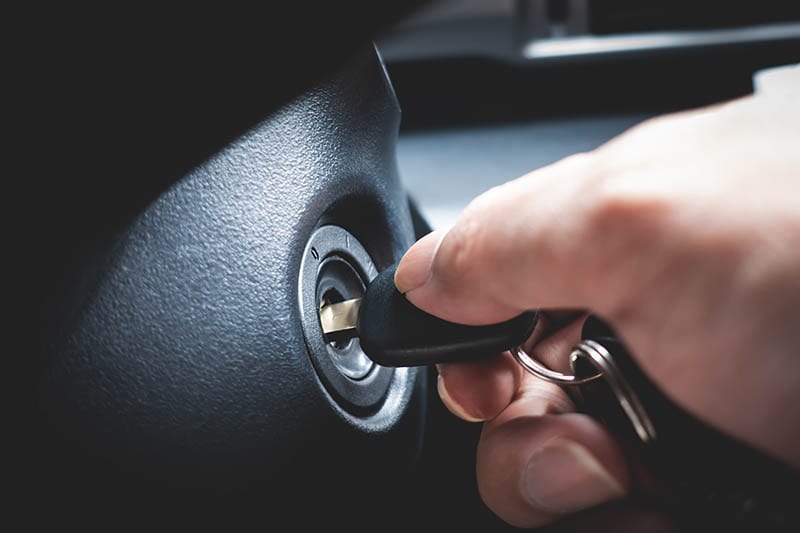

In Conclusion
Engine immobilizers are a vital piece of anti-theft technology that helps prevent thieves from stealing your car. Even with criminals becoming more sophisticated, the best way to protect your car from theft is to update to a newer model. Older immobilizers are simply less effective and more vulnerable.
Featured Image Credit: Fandistico, Shutterstock
Contents